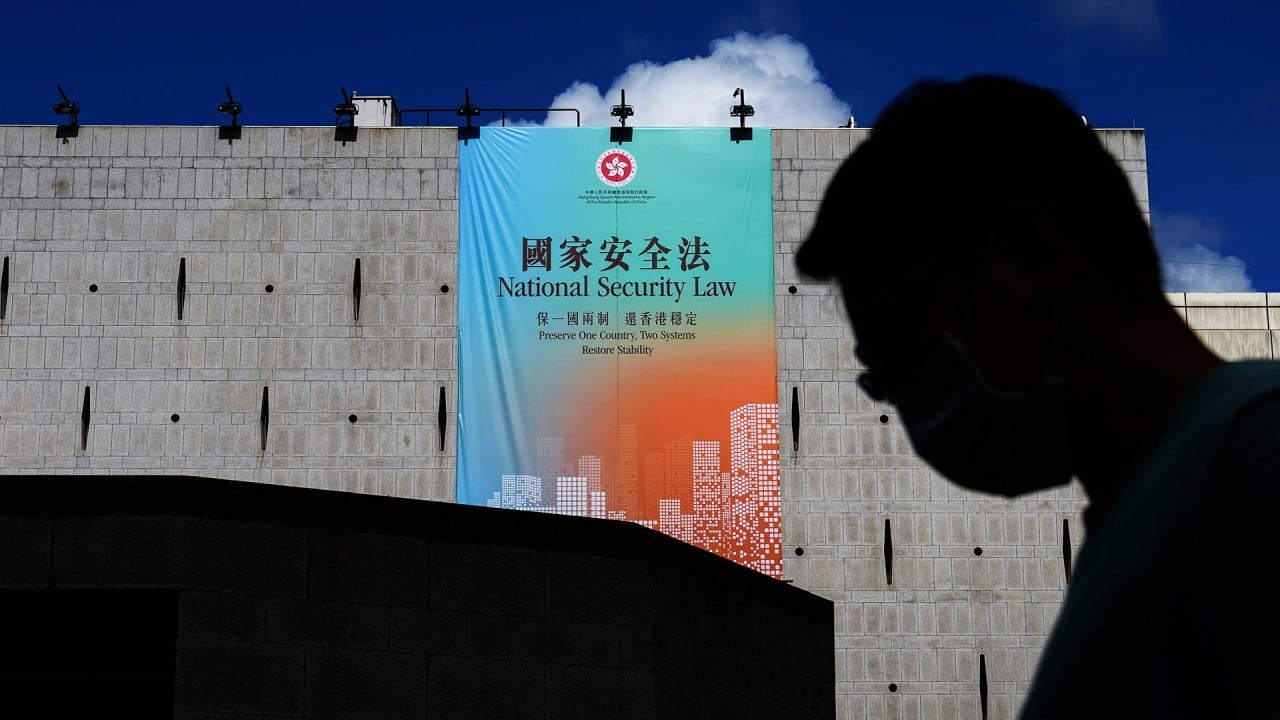
China’s Greater Bay Area factories struggling as coronavirus takes bite out of 2020 orders
- Almost three quarters of manufacturers in China’s Greater Bay Area see a negative impact on their business due to the coronavirus, Standard Chartered survey shows
- The pandemic’s impact on demand was the biggest concern, with more than half forecasting orders would fall an average 12.4 per cent this year
Factory owners in China’s Greater Bay Area expect annual orders, sales, hiring and investment to all decline this year largely because of the Covid-19 pandemic, a new survey shows.
The pandemic’s impact on demand was the biggest concern among manufacturers, with 58 per cent of more than 190 respondents reporting orders were down by at least a third between March and May, and no near-term improvement on the horizon, according to Standard Chartered Bank’s annual manufacturing survey released late Wednesday.
Some 75 per cent of firms said the Covid-19 pandemic had had a negative impact on business and 83 per cent cited the outbreak as the top concern this year.
Concerns were highest about the economic outlook in the United States and the European Union, reflecting exposure to traditional export markets that are still struggling with the virus.

02:35
China's ambitious plan to develop it own ‘Greater Bay Area’
More than 60 per cent of businesses believed orders would fall an average 12.4 per cent this year, with only 21.2 per cent expecting an average improvement of 10.0 per cent. That was a significant deterioration from their actual 2019 performance, when 43 per cent saw orders increase by an average 9.4 per cent amid the US-China trade war, versus 31.1 per cent who reported an average drop of 9.4 per cent.
Still, many respondents were confident about the region’s long-term future due to supportive financial reforms and cross-border integration, said Kelvin Lau, senior economist for Greater China of Standard Chartered Bank.
The Greater Bay Area plan, which was unveiled in February 2019, is China’s ambitious plan to integrate Hong Kong, Macau and nine cities in Guangdong province into an economic cluster.
Already, the combined economic output of the area is larger than Russia, and just behind Canada if it were counted as a stand-alone entity, with a population that is forecast to grow 43 per cent to 100 million by 2035.
Guangdong province accounts for about 30 per cent of China’s total exports, 12 per cent of industrial production, 37 per cent of new hi-tech product sales and 49 per cent of patents, official data shows.
Its economy contracted 6.7 per cent in the first quarter of this year after growing 6.3 per cent in 2019.

02:13
Beijing’s passage of national security law for Hong Kong draws international criticism
China has seen an exodus of manufacturers from its shores over the past two years after the US slapped tariffs on a slew of Chinese goods, while disruptions to global trade from the coronavirus has caused some companies to explore supply chain diversification.
Some 19 per cent of those considering moving offshore had already established overseas operations, up from only 6 per cent a year earlier. Vietnam emerged as the most favoured destination, followed by Cambodia, Myanmar, Bangladesh and Thailand.
For the first time in the survey’s 11-year history manufacturers also expected wages to fall by 0.2 per cent this year, largely as a result of the pandemic.
Growing labour market slack followed directly from plunging orders, with almost 40 per cent of respondents saying they no longer face hiring difficulties, and 18 per cent reporting excess labour supply.
Investment will also suffer this year, with firms expecting an average 1.3 per cent decline after an average 2.7 per cent expansion last year. Some 35.8 per cent of respondents expect capital investment to fall this year, compared with 17.1 per cent in 2019, with 25.9 per cent expecting a rise, down from 48.2 per cent in the previous year’s survey.
That indicated the recovery in manufacturing investment will continue to lag that in infrastructure and real estate this year, according to the survey.
“I think the survey shows the reality” of the current situation, said a senior executive with a Guangdong-based footwear factory who did not want to be named. “My manufacturer friends around me in [Greater Bay Area] and I see little improvement currently compared to late May and June.”

